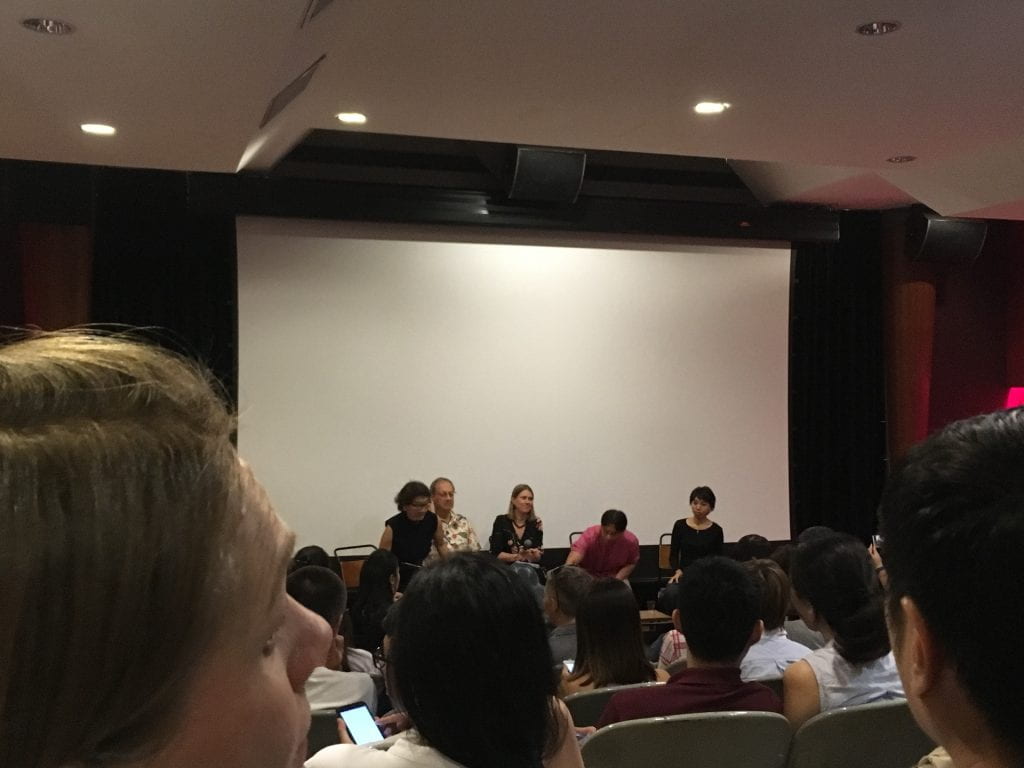Engagement Activity with Emancipasia
I did an engagement activity with Sylvia Lee from Emancipasia. One of my key takeaways is their approach to human trafficking which solely includes raising awareness. This is interesting because raising awareness to the public is seen as the first step towards addressing this issue as it is the way to increase political pressure towards TNCs and governments which may be indirectly in support of human trafficking. The same goes towards a kind of environmental concern. If you do not raise awareness to the public, people will not avoid using single-use plastic. Therefore any kind of legislation will go unimportant. The difficulty with addressing this issue in Singapore is that any crackdown on this issue or major change in policy or law would be extremely problematic because such a large majority of migrant workers are victims of human trafficking of some form or another depending on your definition of human trafficking. This is partly why there is little collaboration between Emancipasia and the government to address human trafficking because the issue is to be solved by the public by becoming aware of the clothes that they buy.



